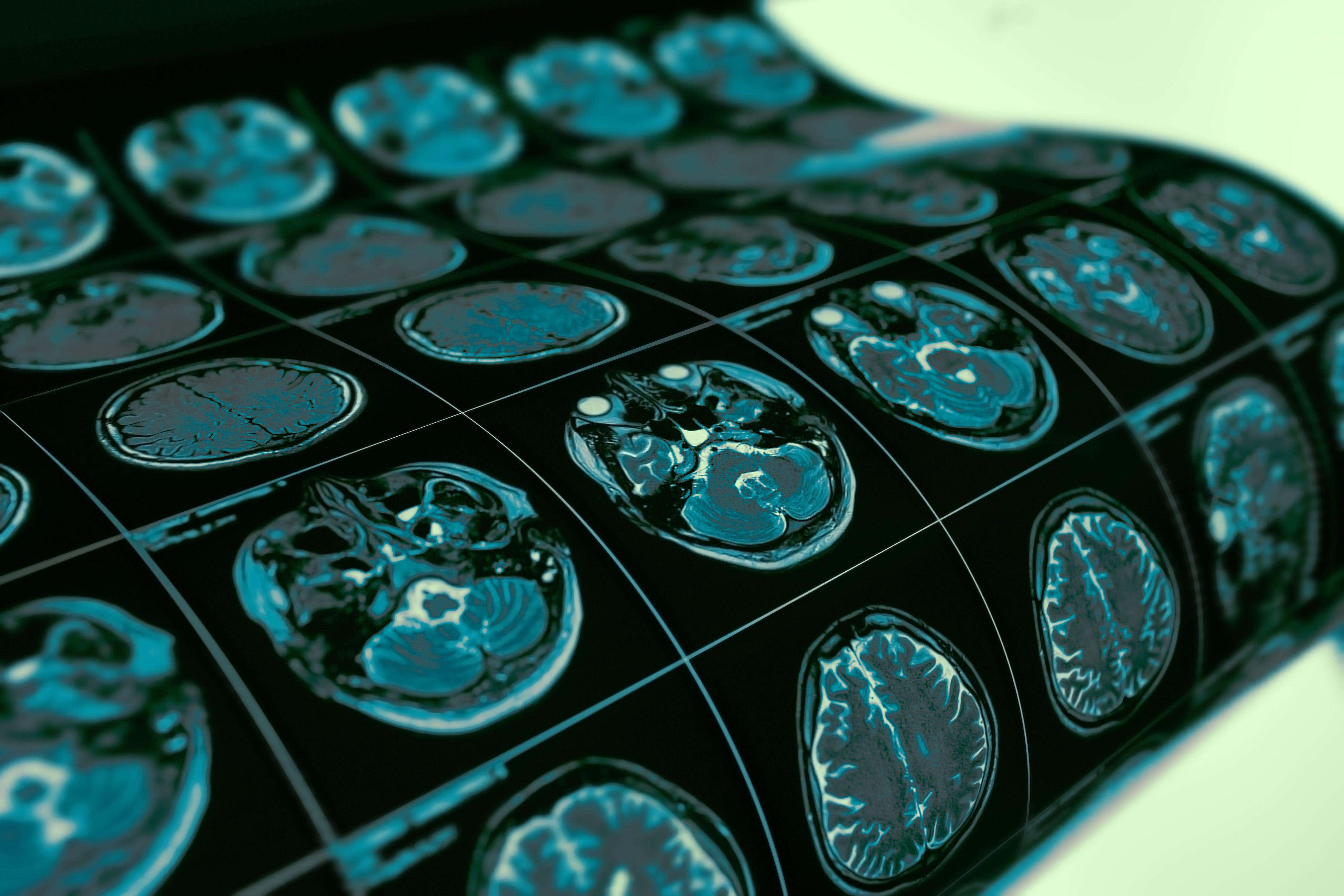Doctor ‘brain cancer-free for a year’ after undergoing own breakthrough therapy
Professor Richard Scolyer was diagnosed with incurable grade 4 brain cancer.

Your support helps us to tell the story
From reproductive rights to climate change to Big Tech, The Independent is on the ground when the story is developing. Whether it's investigating the financials of Elon Musk's pro-Trump PAC or producing our latest documentary, 'The A Word', which shines a light on the American women fighting for reproductive rights, we know how important it is to parse out the facts from the messaging.
At such a critical moment in US history, we need reporters on the ground. Your donation allows us to keep sending journalists to speak to both sides of the story.
The Independent is trusted by Americans across the entire political spectrum. And unlike many other quality news outlets, we choose not to lock Americans out of our reporting and analysis with paywalls. We believe quality journalism should be available to everyone, paid for by those who can afford it.
Your support makes all the difference.An Australian doctor has revealed he has been brain cancer-free for a year after undergoing a world-first treatment based on his own breakthrough research.
Professor Richard Scolyer was diagnosed with incurable grade 4 brain cancer after becoming ill in Poland last year.
This type of cancer, known as glioblastoma, is so aggressive that the average survival rate is around 12 months.
The 57-year-old underwent an experimental therapy based on his own research on melanoma, a type of cancer that starts in the skin.
On Monday, he wrote on X to say he had an MRI scan last week and there was still no sign of recurrence.
“I couldn’t be happier”, he said.
Prof Scolyer collaborated with his colleague and friend Professor Georgina Long, both of whom are co-directors of the Melanoma Institute Australia.
The team used a treatment based on immunotherapy, which teaches the body’s immune system to attack cancer cells.
Research on melanoma showed immunotherapy works better when a combination of drugs is administered before the surgery to remove a tumour.
I'm the best I have felt for yonks. It certainly doesn't mean that my brain cancer is cured... but it's just nice to know that it hasn't come back yet, so I've still got some more time to enjoy my life with my wife Katie and my three wonderful kids
Prof Scolyer became the first brain cancer patient in the world to have pre-surgery, combination immunotherapy.
He told the BBC: “I’m the best I have felt for yonks.”
“It certainly doesn’t mean that my brain cancer is cured… but it’s just nice to know that it hasn’t come back yet, so I’ve still got some more time to enjoy my life with my wife Katie and my three wonderful kids.”
Around 300,000 people worldwide are thought to be affected with glioblastoma and the hope is that this experimental treatment will extend Prof Scolyer’s life and open the doors for clinical trials for other patients.
Prof Long said: “We’ve generated a whole heap of data, to then make a foundation for that next step, so that we can help more people.
“We’re not there yet.
“What we have to really focus on is showing that this pre-surgery, combination immunotherapy type of approach works in a large number of people.”
Both Prof Scolyer and Prof Long were named “Australian of the Year” earlier this year for their life-saving work on melanoma treatments.